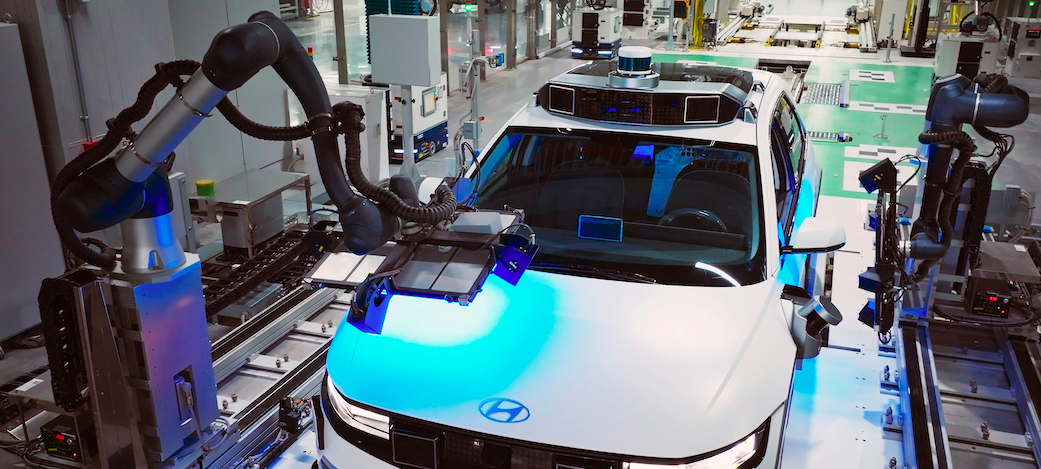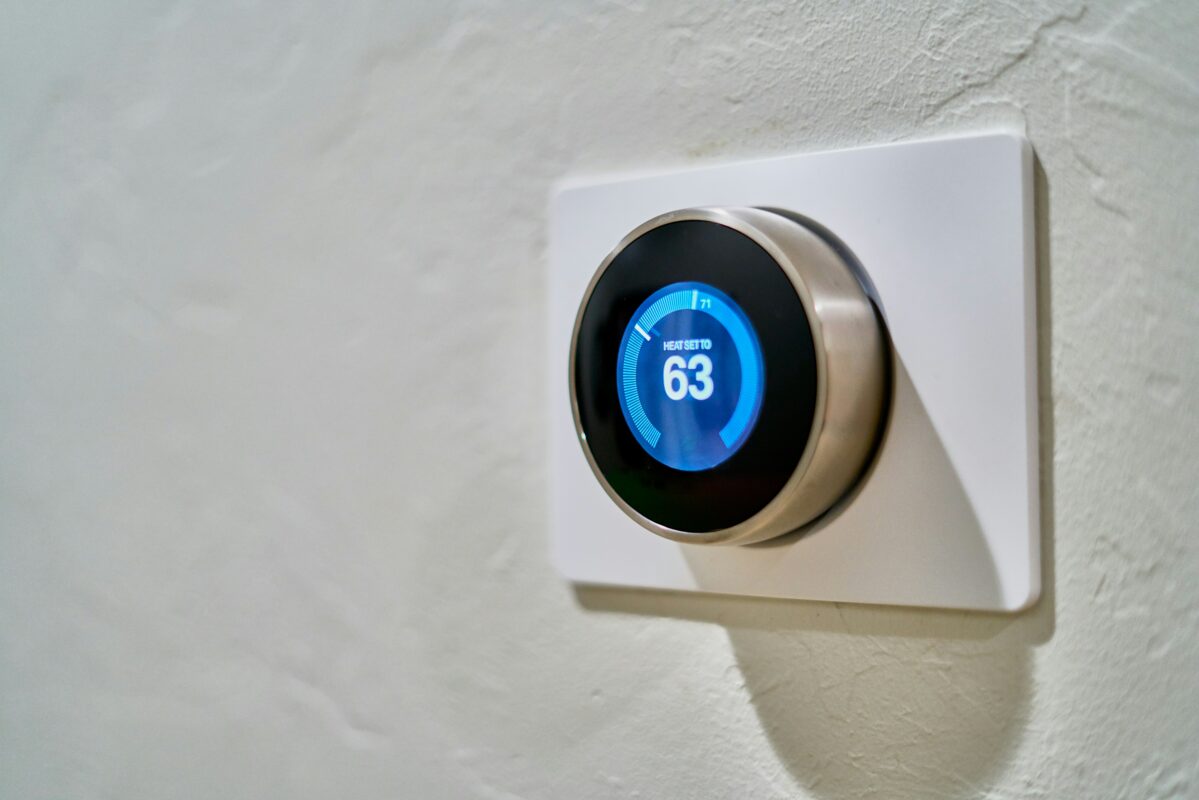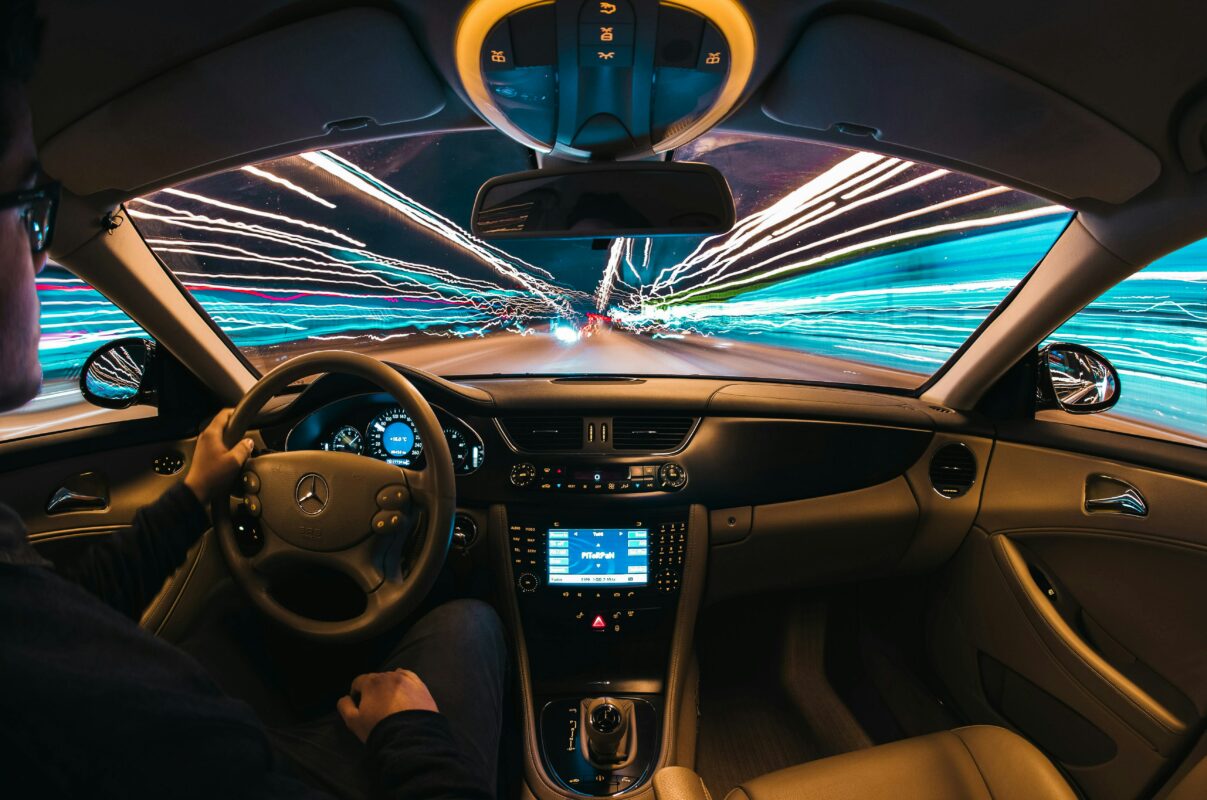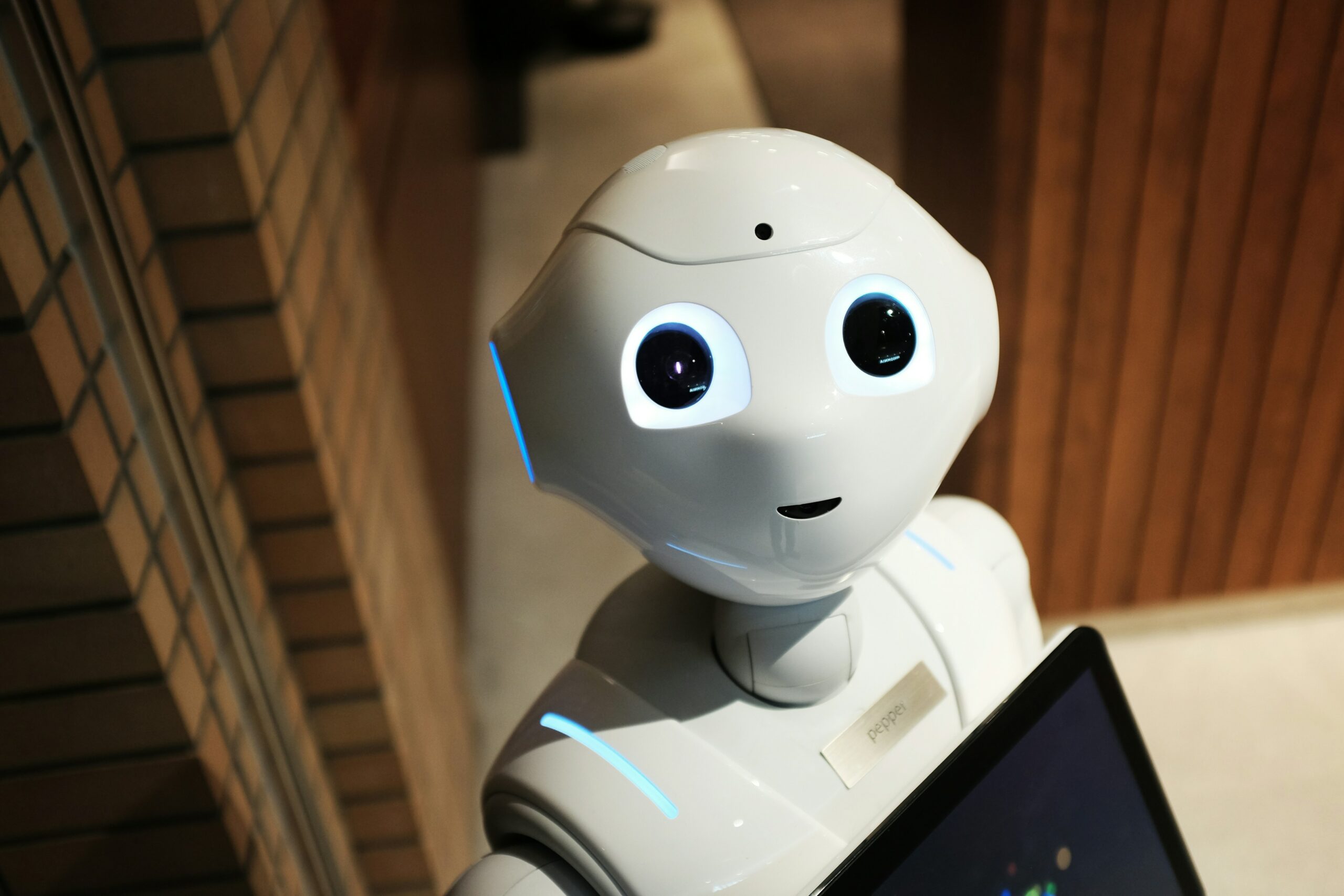
Robotics in Everyday Life: How Robots Are Changing the Way We Live
Robots were once confined to the realms of science fiction, portrayed as futuristic entities performing tasks beyond human capability. However, in today’s world, robots are becoming increasingly integrated into our everyday lives, revolutionizing industries, enhancing efficiency, and transforming the way we live. From automated manufacturing to household helpers, the presence of robotics is ubiquitous, shaping various aspects of society. In this article, we’ll explore the impact of robotics on everyday life and how these technological advancements are reshaping our world.
- The Rise of Robotics: The evolution of robotics has been remarkable, driven by advancements in artificial intelligence, machine learning, and sensor technology. Initially developed for industrial applications, robots have now expanded their presence into diverse sectors, including healthcare, transportation, agriculture, and entertainment. The adoption of robotics is propelled by the pursuit of increased productivity, precision, and safety across various domains.
- Robotics in Manufacturing: One of the most significant areas where robots have made a profound impact is in manufacturing. Automated assembly lines equipped with robotic arms perform tasks with unparalleled speed and accuracy, leading to higher production outputs and cost efficiencies. These robots handle repetitive and hazardous tasks, freeing human workers to focus on more complex responsibilities. Collaborative robots, or cobots, work alongside humans, enhancing collaboration and flexibility on the factory floor.
- Healthcare and Robotics: In healthcare, robots are transforming patient care and medical procedures. Surgical robots enable surgeons to perform minimally invasive surgeries with enhanced precision and dexterity, resulting in shorter recovery times and reduced risk for patients. Telepresence robots facilitate remote consultations and monitoring, bridging the gap between healthcare providers and patients in remote locations. Robots are also utilized for tasks such as medication delivery, patient lifting, and rehabilitation exercises, improving overall efficiency in healthcare settings.
- Home and Personal Robotics: Robotic devices are increasingly finding their way into our homes, simplifying daily tasks and enhancing convenience. Smart home assistants like Amazon’s Alexa and Google Assistant utilize voice recognition and artificial intelligence to perform various functions, from controlling smart devices to providing weather updates and answering questions. Robot vacuum cleaners autonomously navigate through homes, keeping floors clean without human intervention. Additionally, companion robots offer companionship and assistance to individuals, particularly the elderly and those with disabilities, promoting independence and well-being.
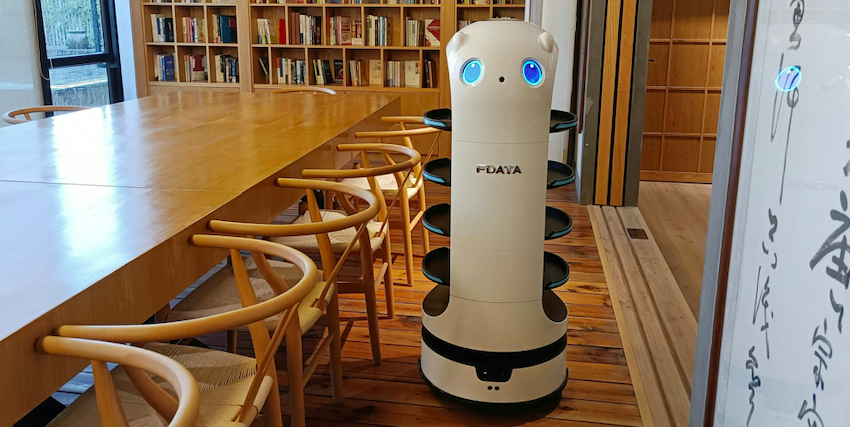
- Transportation and Robotics: In the realm of transportation, robotics are revolutionizing the way we travel and commute. Autonomous vehicles, equipped with advanced sensors and algorithms, promise safer and more efficient transportation systems, reducing accidents and congestion on roads. Drones are utilized for various purposes, including aerial surveillance, package delivery, and disaster response. In urban environments, robotic delivery vehicles navigate sidewalks to transport goods, offering a glimpse into the future of last-mile logistics.
- Ethical and Social Implications: While the proliferation of robotics brings numerous benefits, it a
 lso raises ethical and social concerns that must be addressed. Questions regarding job displacement due to automation, data privacy and security, and the ethical use of autonomous systems need careful consideration. Additionally, ensuring equitable access to robotic technologies and addressing concerns about algorithmic bias and discrimination are essential for creating a future where robotics positively impact all segments of society.
lso raises ethical and social concerns that must be addressed. Questions regarding job displacement due to automation, data privacy and security, and the ethical use of autonomous systems need careful consideration. Additionally, ensuring equitable access to robotic technologies and addressing concerns about algorithmic bias and discrimination are essential for creating a future where robotics positively impact all segments of society.
In conclusion, robotics have become an integral part of our everyday lives, reshaping industries, enhancing efficiency, and improving the quality of life. From manufacturing and healthcare to transportation and home automation, robots are revolutionizing various aspects of society, ushering in a new era of technological advancement. As we continue to embrace and integrate robotics into our lives, it is crucial to address the ethical, social, and economic implications to ensure that these technologies benefit humanity as a whole.

